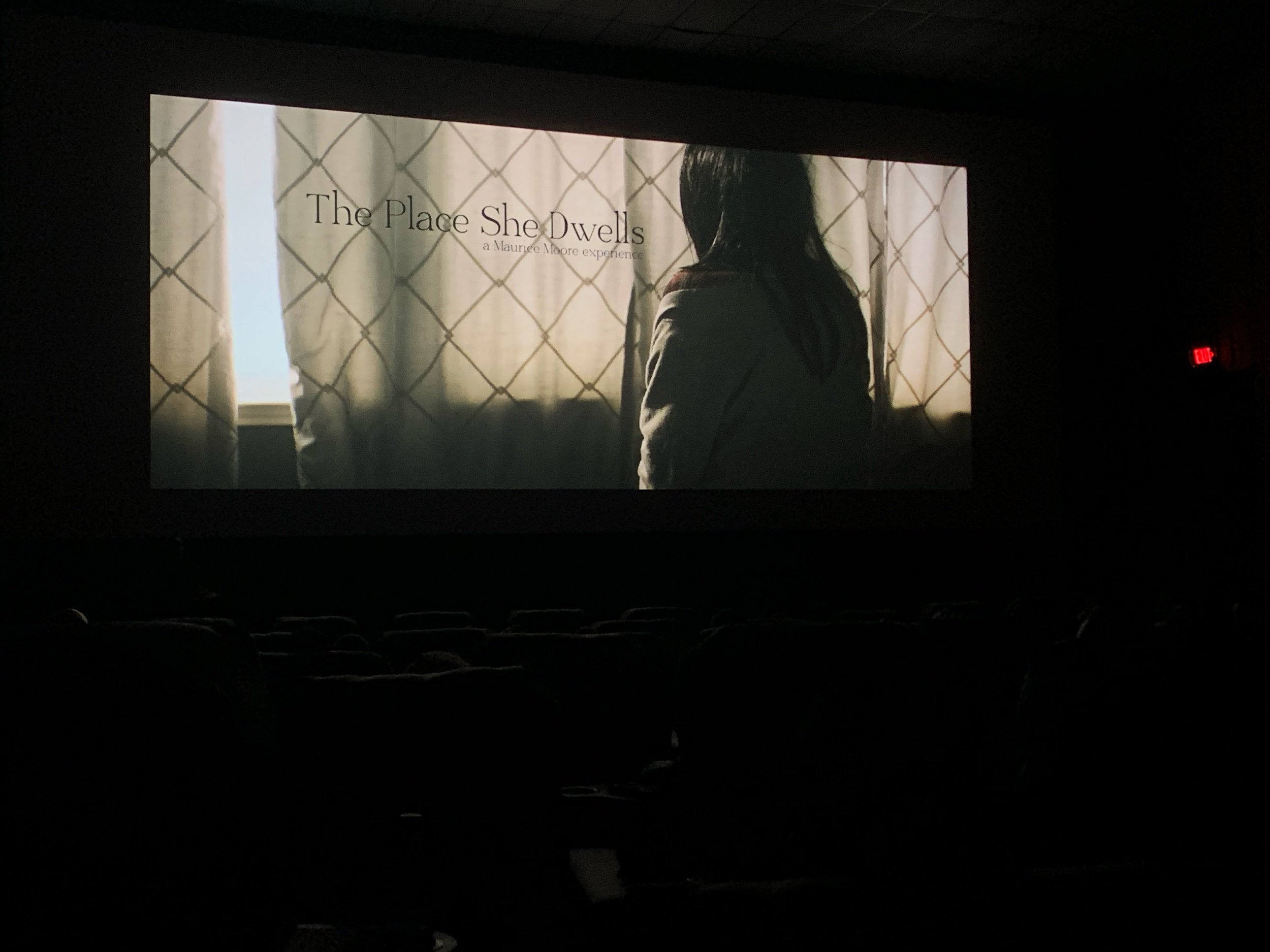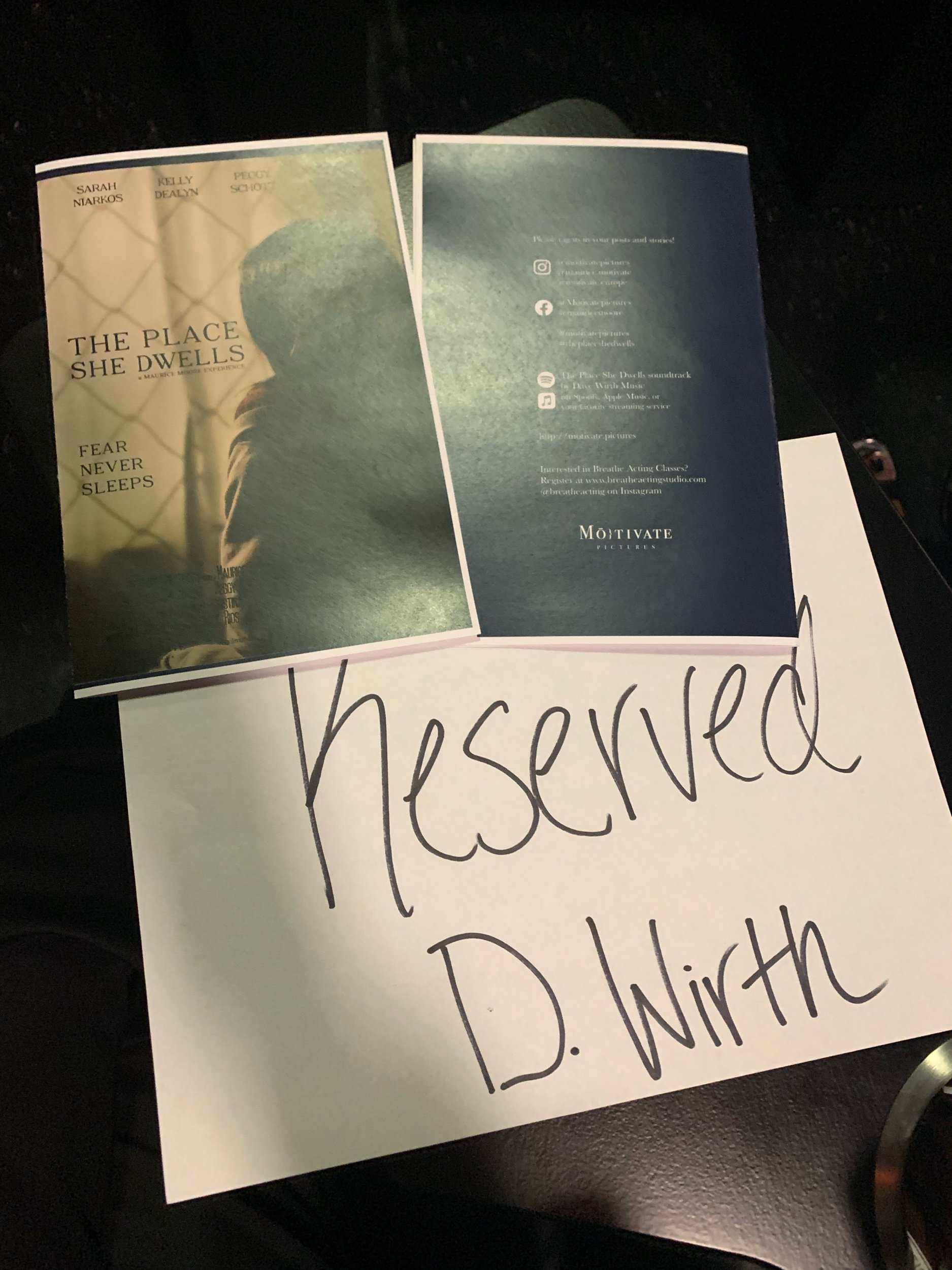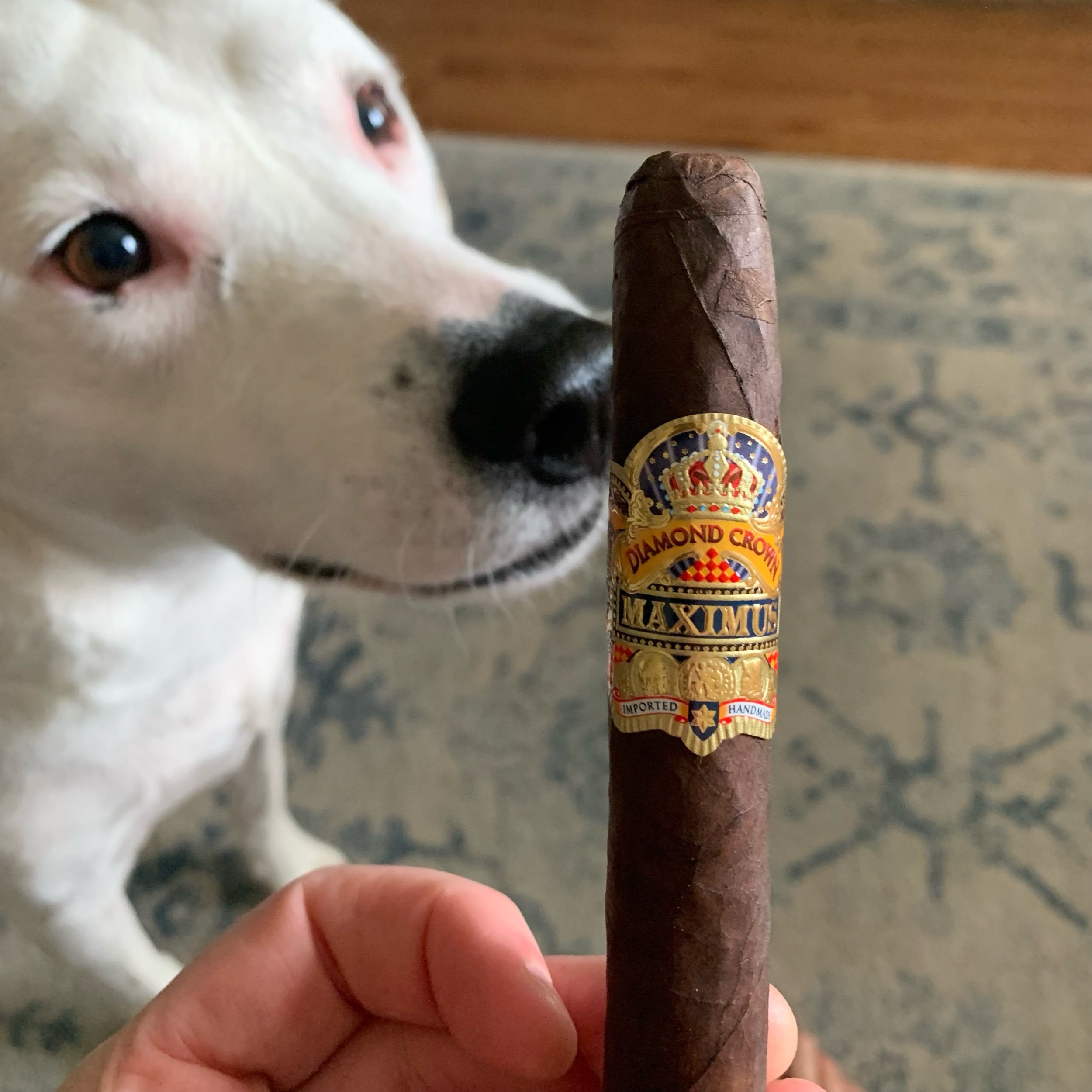Not many people can claim they traded a world-class opportunity for getting punched in the face.
I can.
That punch might've completely shredded my pride, but I came out ahead. Big time. And I'll get to that in a minute or two.
First things first, the road to that Mike Tyson moment needs a little airtime.
When I finished my masters degree in music, I was offered a spot in a very selective doctoral program in classical guitar. It was a number one music school. Best in the country. Had I enrolled and graduated from that university, I might've guaranteed myself a job in academia, teaching music. I'd have students auditioning to work with me!
As it stands, I turned down this opportunity. Something in me said no. I didn't know what that voice was. A hunch, an intuition, something. Of course, I also suffered a barrage of other, less helpful voices in my head shouting expletive-laden variations of, "You're being a fool! Don't walk away from this!"
Yet, I walked away. I knew I wanted a break from music. A really, really long break.
Completely on a whim, I packed my forest-green Saturn sedan with the essentials and moved to Austin, TX. When I arrived, I got a room in a house with a writer, a couple of slackers, and a guy who played in an especially god-awful emo band. All five of us were absolute slobs. I had a tiny room to myself which came with a twin sized bed. I had no idea why my bed was so scratchy and uncomfortable until later when I came to understand that cheaper sheets have really low thread counts.
Things were not great at that house. My roommates there were not happy people. Shouting, disagreeing. Lots of alcohol and drug use. The dishes piled up regularly. The trash looked like columns, and the columns were everywhere. One of my roommates, the guy who played in that terrible emo-band, punched me in the face over something stupid. It probably had to do with the cleanliness of the house. I watched my glasses shatter as they hit and then shimmied across the floor.
Yup, I gave up on a badass doctorate opportunity to get punched in the face.
I moved out immediately. I crashed on a friends couch in East Austin for a month. I scrounged up a gig literally cutting down trees and digging ditches.
I ate what I could afford. Ramen noodles. Spaghetti. A burger here and there if I had the money. Making matters worse, my beautiful forest-green sedan died. A friend took pity on me and gave me a bike. I was grateful at first. Later on, the handlebar on the bike gave out in the middle of a busy intersection. I smacked the pavement and skidded a foot. I wasn't terribly hurt. Just humbled. Very humbled.
I then had a string of dead-end jobs that ranged from totally innocuous to vaguely threatening. I waited tables. I shuffled and organized paper records at a nonprofit. I stuffed envelopes for a real estate entrepreneur. I checked bags for knives at the local homeless shelter in downtown Austin.
When I look back, more than anything else I remember the confusion I felt... That feeling of uncertainty that I didn't know what I wanted to do with my life.
When the inspiration for my direction in life finally came to me, I remembered the relief. I felt so at ease and peaceful. All the light around me turned golden and luminescent. It felt like a dream, where it was weirdly magical. I felt the first legit feeling of hope in two years.
Here's it was, right in front of me the whole time: I decided that I was going to teach guitar in my own private studio, hell or high water.
With whatever money I had, I found a small studio space in South Austin, set my guitars up, and built my solo teaching practice from scratch. I earned more money. I bettered my life. With help from unlikely friends and colleagues, I gradually pulled myself up from that terrible confusion I had sunk into.
I think about those first two years in Austin with a mixture of amusement and embarrassment. Not mad blushes, mind you, but blushes nonetheless. I don't know that I could have done any better with the information I had. Clearly, I needed to go through it. Teaching undeniably made my life better. I got stronger as a human being, wiser (maybe!), more strategic, centered, and more inspired. I developed a cleverness that I still depend upon, wits that I need on occasion, and fast decision-making skills.
Overall, teaching gave me much more than I ever expected, or bargained for. Clearly, I did the right thing when I followed up on that dreamy experience.
In looking back at close to twenty years of teaching private guitar lessons, I feel compelled to share the most surprising things I’ve learned from the experience. These are things I definitely did not know before I started teaching:
Students can learn anything if their hearts are in it.
Analogies are irresistible fun. 80% of the time they work great.
If there's no emotional connection between teacher and student in the beginning of each lesson, the lesson will feel rocky and weird. Reconnecting and talking after a time apart allows us to find common ground.
Consistent and small amounts of practice each day creates a greater mastery than inconsistent, hyper-motivated sprints.
The more I charged per hour, the better the clients. Not only that, but the pace of learning and commitment were stronger. Even better: The collaboration was 10X stronger.
It doesn't matter if a student comes in late if I still get paid for the full hour. Hows that for a truth bomb?
A student who keeps their agency and accepts responsibility to learn often gets way better results than a student who just listen and does, blindly. A student who figures something out on his/her own is way more motivated to learn. I dare say, more fun to work with overall.
Collaborative learning is way more fun than authoritarian teaching.
If I mess up, it's almost never as big a deal as I think it is. If a student messes up, it's almost never as big a deal as he or she thinks it is.
Pretty much everything that goes wrong is probably not that big of a deal.
9 times out of 10, wrist pain or back pain on the part of the learner is caused by something other than playing their instrument.
Trying to figure out how someone learns, and how I can teach a concept to many different people, forced a creativity and emotional resilience that I wouldn't have developed otherwise. Problems aren't really hard; Finding the right solution makes difficult problems disappear.
When a student is done working with me, it's best to make it super clear that he/she owes me nothing.
Hearing from old students, and getting an update on their life, is one of the greatest joys I've ever known.
An easy to use and automated scheduling software is well-worth the investment.
Watching people progress and change, right before my eyes, couldn't get more addictive.
It's good to remind really serious students, the ones who practice hard, that it's okay to relax.
The fun goes through-the-roof when both parties put their phones on airplane mode.
Unless I ask a lot of questions, the core reason why someone wants to learn guitar will remain hidden. The more hidden that reason is to me, the less successful the collaboration.
Consistently reminding students where they came from helps them remember how far they have progressed. It also keeps them from obsessing over how much they have to learn.
Getting "good" at playing guitar is actually not that fun of an experience. Enjoying playing guitar is.
Teaching, as a profession, is more about the teacher learning than it is about the student. There's no reason to go into education if you're not curious about yourself.
Not bad eh?
I guess all it took was a punch to the face.


































